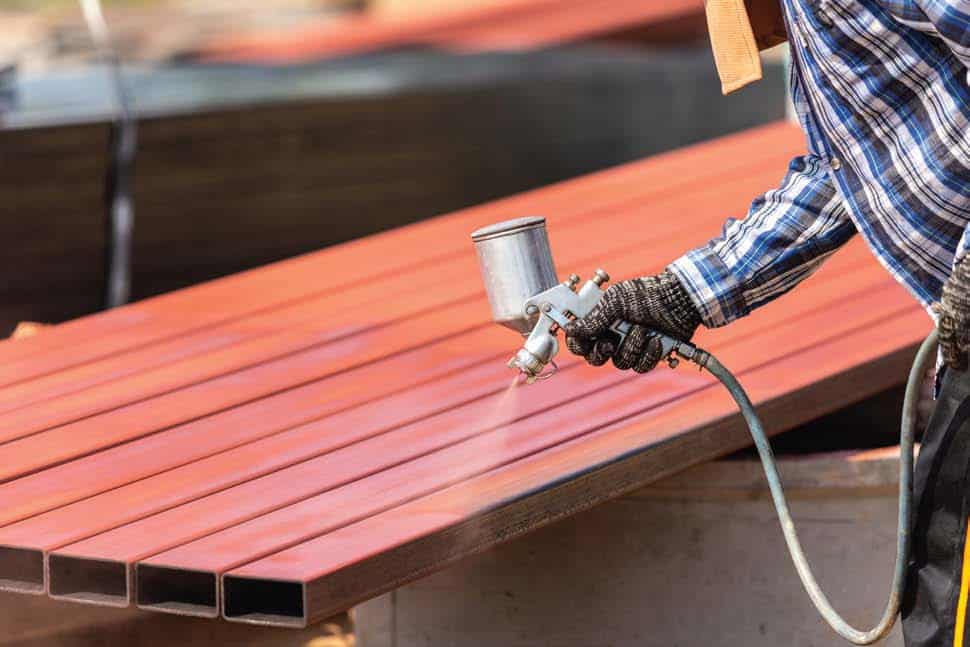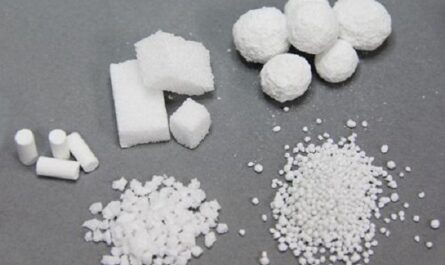What are recycled construction aggregates?
Recycled construction aggregates refer to aggregates that are produced by recycling demolished or excavated concrete and asphalt materials from construction and demolition activities. These aggregates include crushed recycled concrete, crushed recycled asphalt, as well as blended mixes incorporating different proportions of recycled concrete, asphalt and natural aggregates. Recycled aggregates can be used as replacements for conventional natural aggregates in various civil engineering applications.
Sources and production of recycled aggregates
The major sources of materials for producing Recycled Construction Aggregates include rubble from demolished concrete structures like buildings, bridges, pavements etc. Other sources include reclaimed asphalt pavement (RAP) from milled road surfaces, surplus concrete from readymix plants and quarry overburdens. These waste materials undergo crushing and sieving processes to produce uniformly graded aggregates in different sizes suitable for various construction needs. Additional processing like washing may also be carried out to remove friable materials, dust and improve aggregates quality. Mobile crushing units allow on-site processing of construction and demolition wastes into aggregates.
Environmental and economic benefits
Use of recycled aggregates helps in diverting a large volume of construction and demolition wastes from landfills, thereby conserving landfill space and reducing adverse environmental impacts of waste disposal. It also facilitates efficient reuse of resources locked in demolished concrete structures. Recycled aggregates production requires lower energy consumption compared to production of natural aggregates from mining of raw virgin materials. This provides significant embodied energy savings and reduces carbon footprint of the construction industry. Recycled aggregates are also economically competitive and provide initial cost savings compared to natural aggregates of similar gradation for many non-structural applications.
Applications in construction works
Recycled aggregates find wide applications in construction works as substitutes for natural aggregates:
– Road construction: Recycled aggregates can be used as base course material below the pavement structural layers in road construction. Crushed recycled concrete is commonly used to construct shoulders, ramps and sidewalks along roads.
– Embankments: Leveling and compacting layers of aggregates form an embankment to support a road or railway. Recycled aggregates help build such earthen structures economically.
– Drainage works: Aggregates used in drainage works like laying pipes needs well-graded aggregates. Recycled aggregates can fulfill this function without compromising on performance.
– Concrete manufacturing: Fine and coarse aggregates obtained from demolished concrete can partially replace natural sand and gravel in manufacturing controlled low-strength materials (CLSM) and controlled density fill (CDF) concrete.
– Asphalt manufacturing: Reclaimed asphalt pavement from milling works and crushed aggregates from road construction demolition wastes are used to produce hot mix asphalt.
– Backfilling and landscaping: Recycled aggregates are suitable as backfill materials behind retaining walls and for landscaping purposes like pathway construction. Crushed recycled asphalt is employed in parking lots and roads in residential areas.
Performance aspects
Several studies have evaluated the engineering properties and performance of mixtures incorporating recycled aggregates. While concrete made using certain proportions of recycled concrete aggregates may not be suitable for structural applications, they can successfully replace natural aggregates in non-load bearing applications. Tests have shown recycled aggregates to perform on par with natural aggregates in properties like bearing capacity, moisture sensitivity and resistance to freeze-thaw cycles in bases/sub-bases of roads and pavements. With proper processing and quality control, recycled aggregates mixtures can satisfy performance requirements of various construction applications.
Advancing sustainable construction
With increasing emphasis on sustainable waste management and green buildings, use of recycled construction aggregates presents a win-win solution. As the construction industry embraces circular economy principles, recycled aggregate technologies will play a major role in achieving sustainability goals through resource conservation and reduced environmental footprint. Focus on standardization of production processes and large scale modern recycling facilities can promote widescale use of these aggregates. Advancing research on value addition of recycled aggregates will further open up new application avenues. Concerted efforts are needed across stakeholders to transition towards use of recycled alternatives and advance sustainable construction.
Recycled construction aggregates derived from construction and demolition wastes provide an eco-friendly and economically viable substitute for conventional natural aggregates. With growing awareness, standardized production and performance validation, recycled aggregates have immense potential to transform the aggregates market while addressing the twin challenges of waste management and natural resource depletion in the construction sector. Its larger adoption supports the transition towards a circular economy and low carbon growth strategy for the industry.
*Note:
1. Source: Coherent Market Insights, Public sources, Desk research
2. We have leveraged AI tools to mine information and compile it.



